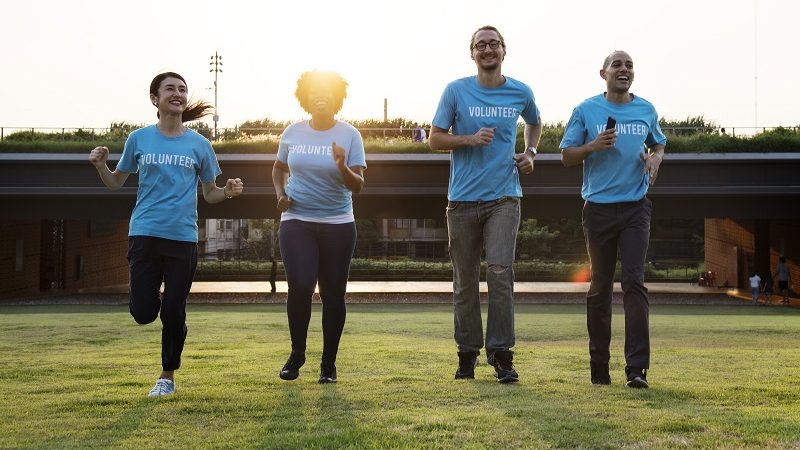It's called 'social prescribing' and the government should back it.

The pandemic has exposed health inequalities like never before.
If you’re poor, you’re more likely to be exposed to bad air quality – a COVID-19 risk factor. Three quarters of Black British adults are obese – a COVID-19 risk factor. If you’re from an ethnic minority background you’re far more likely to live in cramped conditions at close quarters with others, limiting your capacity for exercise – all COVID-19 risk factors.
What links these together – drivers of both pandemic and wider health inequalities – is they’re all social factors. These fundamental injustices across work, housing and environment wreak destruction beyond their primary impacts. Dispiriting though this is, it also gives us room for hope. The causes of disproportionality are there for us to see – making it clear what we need to fix.
As long as the Government remain unable or unwilling to tackle the systemic inequality that drives these health outcomes, the change we can affect from City Hall will remain limited. But as both a politician and a GP, I can see a number of good, quick fixes on offer. Adaptations that can make the world of difference to an individual.
In my new report – Social Prescribing and COVID-19 – I’ve looked into the potential of social prescribing programmes to reduce health inequalities, build resilience to future health emergencies and lessen the impact of the pandemic through the months ahead.
Social prescribing is non-medical help to improve health and wellbeing. This might mean an introduction to a community group, access to a gym, legal advice or help at home. It’s targeted, cost-effective and meaningful intervention that makes a real difference to people’s lives. And while some of these interventions remain off-limits during COVID-19 restrictions, many will become available again soon as the rate of infection levels off and we see a return to some semblance of normality.
It’s shocking to learn that Black people in England are four times more likely to have no outdoor space at home than white people, an issue that’s particularly acute in London, where so many live in flats.
Starkly, the poorest tenth of London neighbourhoods – where half of residents are people of colour – have a third less garden space than the wealthiest. Needs around exercise and access to space will be particularly acute through the winter when we’re less likely to spend time outdoors.
Availability of good space and signposting towards it has taken on a new significance. Employers too should consider their duties to worker wellbeing. perhaps by giving homeworkers more delineated time away from their desks to exercise than a short lunchbreak can provide.
The pandemic has also seen a rising tide of poor mental health. Those with pre-existing conditions have seen their health worsen, while many who felt mentally well before have struggled. Social isolation and bereavement have increased pressures on wellbeing. Notably, the Mayor of London has spoken about his own mental health through these difficult days.
An alarming eight in ten people with dementia found themselves living alone during lockdown. This is an area in which access to crafts and the arts can make a real difference, addressing loneliness and providing valuable stimulation. With the right Government backing, it could also provide a much-needed source of work and income for the creative industries.
COVID-19 didn’t create inequalities – our society did. They’ve been with us for a long time, obvious to those who experience them. What the pandemic has done is lay them bare. Fundamental change is needed. We know the problems and we have the solutions – the systemic and the local. Now we need the political courage to implement them.
Onkar Sahota is a GP, and Labour’s lead on healthcare on the London Assembly.
To reach hundreds of thousands of new readers we need to grow our donor base substantially.
That's why in 2024, we are seeking to generate 150 additional regular donors to support Left Foot Forward's work.
We still need another 117 people to donate to hit the target. You can help. Donate today.



